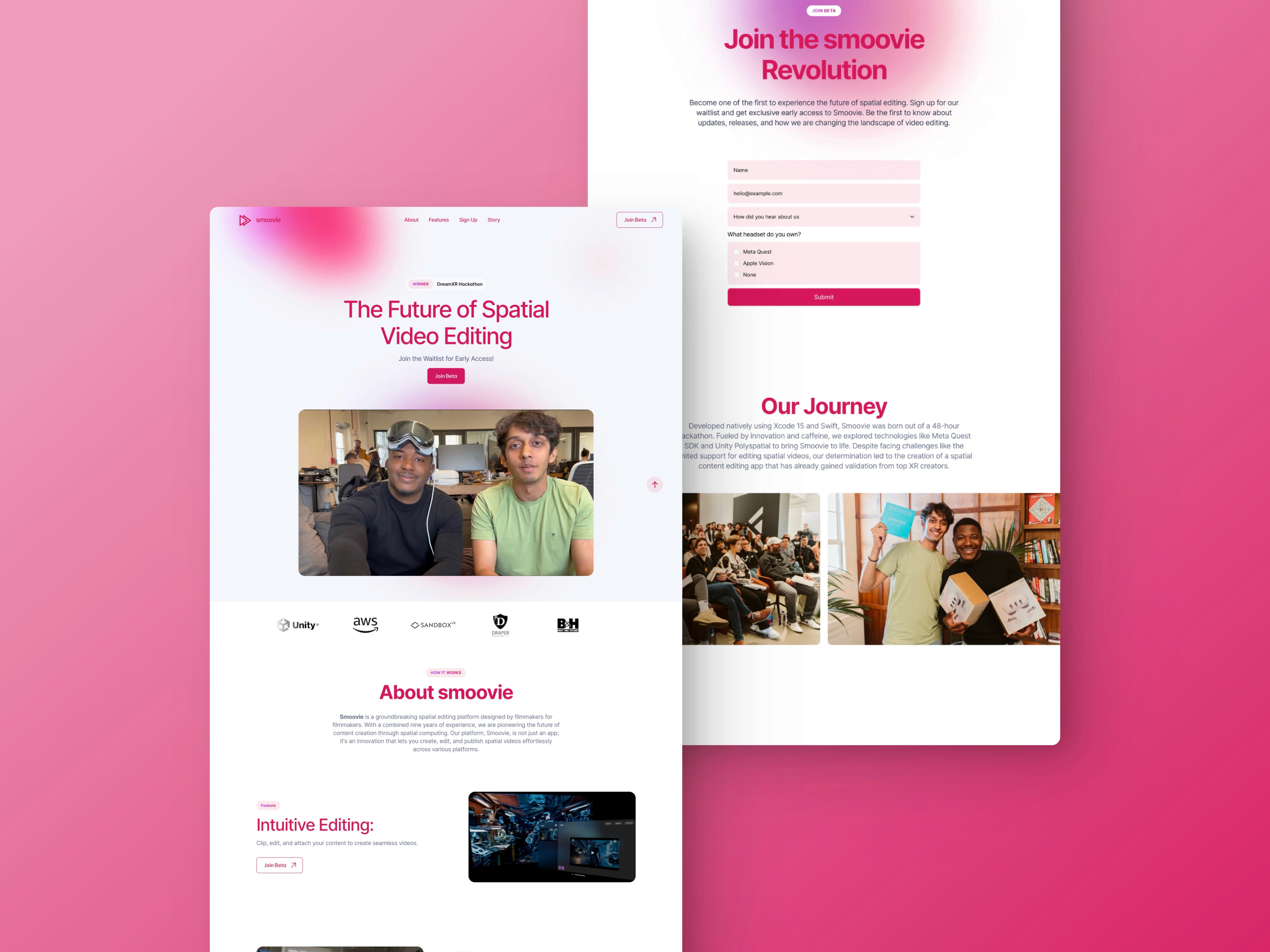Back to blog
"Quickly Establish Authority & Visibility: SEO Strategies for New Brands"
Understanding Your Target Audience and Creating Relevant Content
Creating relevant and high-quality content is crucial for any new brand looking to establish authority and visibility online. To achieve this, it's essential to have a deep understanding of your target audience, including their needs, preferences, and behaviors. By knowing your audience inside and out, you can create content that resonates with them, addresses their pain points, and provides value to their lives. This, in turn, can help you build trust, establish credibility, and drive engagement with your brand. To get started, you'll need to conduct audience research, which can involve analyzing demographic data, conducting surveys and focus groups, and monitoring social media conversations.
A key part of understanding your target audience is identifying and targeting the right keywords and phrases. This involves using tools like Google Keyword Planner, Ahrefs, and SEMrush to discover relevant keywords and phrases that your audience is searching for. By incorporating these keywords into your content, you can improve your search engine rankings, drive more traffic to your website, and increase your online visibility. However, it's essential to remember that keyword research is just the starting point, and that creating high-quality, engaging content is what will ultimately drive results for your brand.
Keyword Research and Analysis
Keyword research and analysis is a critical component of any SEO strategy. By identifying the right keywords and phrases, you can create content that resonates with your target audience, improves your search engine rankings, and drives more traffic to your website. There are many tools available to help with keyword research, including Google Keyword Planner, Ahrefs, and SEMrush. These tools can provide valuable insights into keyword volume, competition, and cost-per-click, helping you to identify opportunities and optimize your content for maximum impact.
When conducting keyword research, it's essential to consider the following factors: * Relevance: Is the keyword relevant to your brand, product, or service? * Volume: How many people are searching for the keyword each month? * Competition: How many other websites are competing for the same keyword? * Cost-per-click: How much will it cost to advertise on the keyword? By considering these factors, you can identify the most valuable keywords for your brand and create content that drives real results.
Identifying and Targeting Long-Tail Keywords
Long-tail keywords are phrases that have lower search volumes, but are also less competitive and more targeted. By identifying and targeting long-tail keywords, you can create content that resonates with your target audience, improves your search engine rankings, and drives more traffic to your website. For example, instead of targeting the keyword "SEO," you could target the long-tail keyword "SEO strategies for new brands." This keyword has a lower search volume, but is also more targeted and less competitive, making it easier to rank for and drive results.
Some benefits of targeting long-tail keywords include: * Lower competition: Long-tail keywords have fewer competitors, making it easier to rank and drive results. * Higher conversion rates: Long-tail keywords are more targeted, making it more likely that users will convert and become customers. * More targeted content: Long-tail keywords allow you to create more targeted content that resonates with your audience and addresses their specific needs. By incorporating long-tail keywords into your SEO strategy, you can create content that drives real results and helps your brand establish authority and visibility online.
Building High-Quality Backlinks
Backlinks are an essential component of any SEO strategy, as they help to establish credibility, build trust, and drive referral traffic to your website. High-quality backlinks are links from authoritative websites that are relevant to your brand, product, or service. By building high-quality backlinks, you can improve your search engine rankings, increase your online visibility, and drive more traffic to your website. However, building high-quality backlinks can be challenging, and requires a strategic approach to outreach, content creation, and relationship-building.
Some strategies for building high-quality backlinks include: * Guest blogging: Writing guest posts for other websites and including a link back to your website. * Broken link building: Finding broken links on other websites and offering to replace them with a working link to a similar article or resource. * Resource pages: Creating a resource page on your website that links to other high-quality websites and asking them to link back to you. * Reviews and testimonials: Encouraging customers to review and testify about your brand, product, or service, and including a link back to your website. By incorporating these strategies into your SEO strategy, you can build high-quality backlinks that drive real results and help your brand establish authority and visibility online.
Why High-Quality Backlinks are Essential for SEO
High-quality backlinks are essential for SEO, as they help to establish credibility, build trust, and drive referral traffic to your website. By building high-quality backlinks, you can improve your search engine rankings, increase your online visibility, and drive more traffic to your website. However, not all backlinks are created equal, and it's essential to focus on building high-quality backlinks that are relevant to your brand, product, or service.
Some benefits of high-quality backlinks include: * Improved search engine rankings: High-quality backlinks can help to improve your search engine rankings and drive more traffic to your website. * Increased online visibility: High-quality backlinks can help to increase your online visibility and establish your brand as an authority in your industry. * Referral traffic: High-quality backlinks can drive referral traffic to your website, and help to increase conversions and sales. By focusing on building high-quality backlinks, you can drive real results and help your brand establish authority and visibility online.
Technical SEO: Optimizing Your Website's Structure and Speed
Technical SEO is an essential component of any SEO strategy, as it helps to optimize your website's structure and speed, and improve your search engine rankings. By conducting a technical SEO audit, you can identify areas for improvement and make data-driven decisions to optimize your website and drive more traffic. Some key areas to focus on include page speed, mobile responsiveness, and website architecture.
A well-optimized website can help to: * Improve user experience: A fast and mobile-friendly website can improve user experience and increase engagement. * Increase conversions: A well-optimized website can increase conversions and drive more sales. * Improve search engine rankings: A well-optimized website can improve search engine rankings and drive more traffic. By focusing on technical SEO, you can drive real results and help your brand establish authority and visibility online.
Conducting a Technical SEO Audit
Conducting a technical SEO audit is an essential step in optimizing your website's structure and speed. This involves using tools like Screaming Frog, Ahrefs, and SEMrush to identify areas for improvement and make data-driven decisions to optimize your website. Some key areas to focus on include:
Page speed: How quickly your website loads and responds to user interactions.
Mobile responsiveness: How well your website adapts to different screen sizes and devices.
Website architecture: How your website is structured and organized, including the use of header tags, meta tags, and internal linking.
SSL encryption: Whether your website has a secure sockets layer (SSL) certificate and is encrypted to protect user data.
XML sitemaps and schema markup: Whether your website has an XML sitemap and schema markup to help search engines understand your content and context.
By conducting a technical SEO audit and addressing these key areas, you can drive real results and help your brand establish authority and visibility online.
Content Marketing and Inbound Link Building
Content marketing and inbound link building are essential components of any SEO strategy, as they help to create valuable content that attracts links and drives referral traffic to your website. By creating high-quality, engaging content that resonates with your target audience, you can establish your brand as an authority in your industry and drive more traffic to your website.
Some strategies for content marketing and inbound link building include: * Blogging: Creating regular blog posts that provide value to your target audience and attract links from other websites. * Guest blogging: Writing guest posts for other websites and including a link back to your website. * Infographics: Creating visual content that attracts links and shares on social media. * Videos: Creating video content that attracts links and shares on social media. * Podcasts: Creating audio content that attracts links and shares on social media. By incorporating these strategies into your SEO strategy, you can drive real results and help your brand establish authority and visibility online.
Creating and Promoting Valuable Content
Creating and promoting valuable content is an essential step in content marketing and inbound link building. This involves using tools like BuzzStream, Ahrefs, and SEMrush to identify opportunities and create content that resonates with your target audience. Some key areas to focus on include:
Keyword research: Identifying relevant keywords and phrases that your target audience is searching for.
Content creation: Creating high-quality, engaging content that provides value to your target audience.
Content promotion: Promoting your content on social media, email, and other channels to attract links and shares.
Relationship-building: Building relationships with influencers and other websites to attract links and shares.
By focusing on creating and promoting valuable content, you can drive real results and help your brand establish authority and visibility online.
Measuring Success and Adjusting Your Strategy
Measuring success and adjusting your strategy is an essential step in any SEO campaign, as it helps to track progress, identify areas for improvement, and make data-driven decisions to optimize your website and drive more traffic. By using tools like Google Analytics, Ahrefs, and SEMrush, you can track key metrics like website traffic, search engine rankings, and conversion rates.
Some key areas to focus on when measuring success and adjusting your strategy include:
Website traffic: The number of visitors to your website and the sources of that traffic.
Search engine rankings: The position of your website in search engine results pages (SERPs) for relevant keywords.
Conversion rates: The number of visitors who complete a desired action, such as filling out a form or making a purchase.
Return on investment (ROI): The revenue generated by your SEO campaign compared to the cost of that campaign.
By tracking these key metrics and adjusting your strategy accordingly, you can drive real results and help your brand establish authority and visibility online.
Tracking Keyword Rankings and Website Analytics
Tracking keyword rankings and website analytics is an essential step in measuring success and adjusting your strategy. By using tools like Ahrefs, SEMrush, and Google Analytics, you can track key metrics like website traffic, search engine rankings, and conversion rates. This involves setting up goals and events in Google Analytics, tracking keyword rankings in Ahrefs and SEMrush, and monitoring website traffic and engagement metrics like bounce rate and time on site.
Some benefits of tracking keyword rankings and website analytics include: * Data-driven decision-making: By tracking key metrics, you can make data-driven decisions to optimize your website and drive more traffic. * Improved ROI: By tracking the revenue generated by your SEO campaign, you can optimize your strategy to improve ROI. * Increased conversions: By tracking conversion rates, you can optimize your strategy to increase conversions and drive more sales. By focusing on tracking keyword rankings and website analytics, you can drive real results and help your brand establish authority and visibility online.


